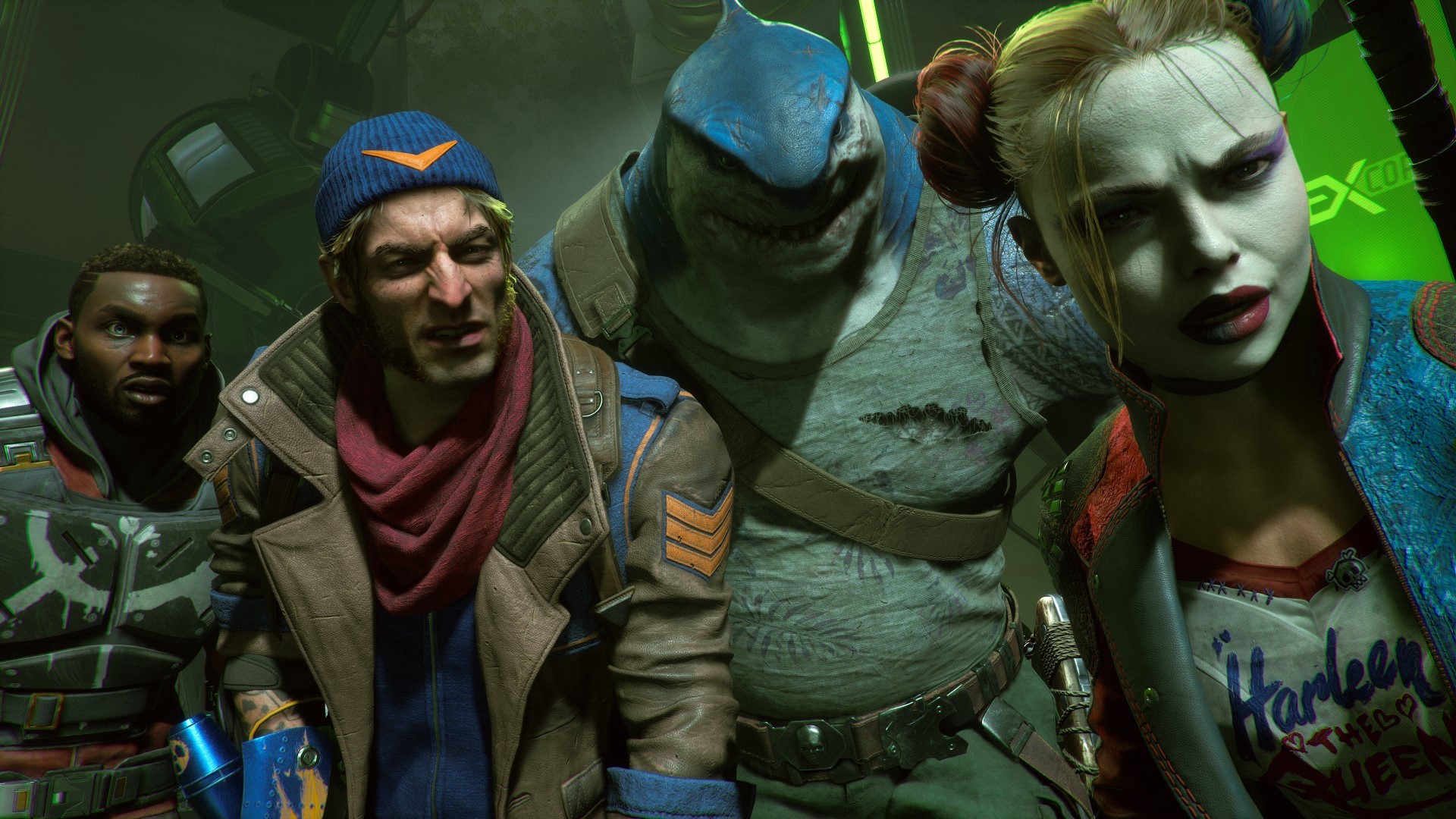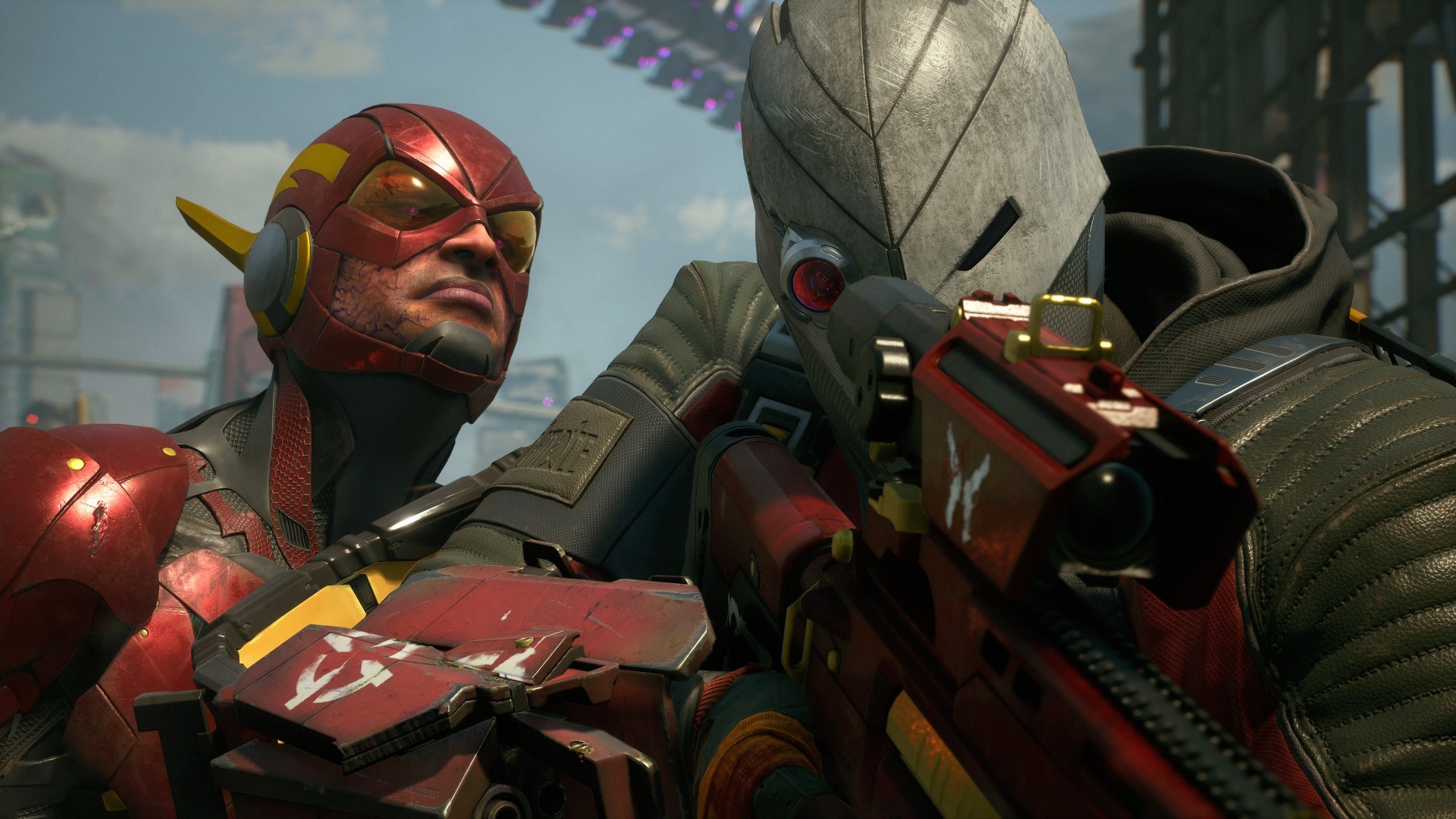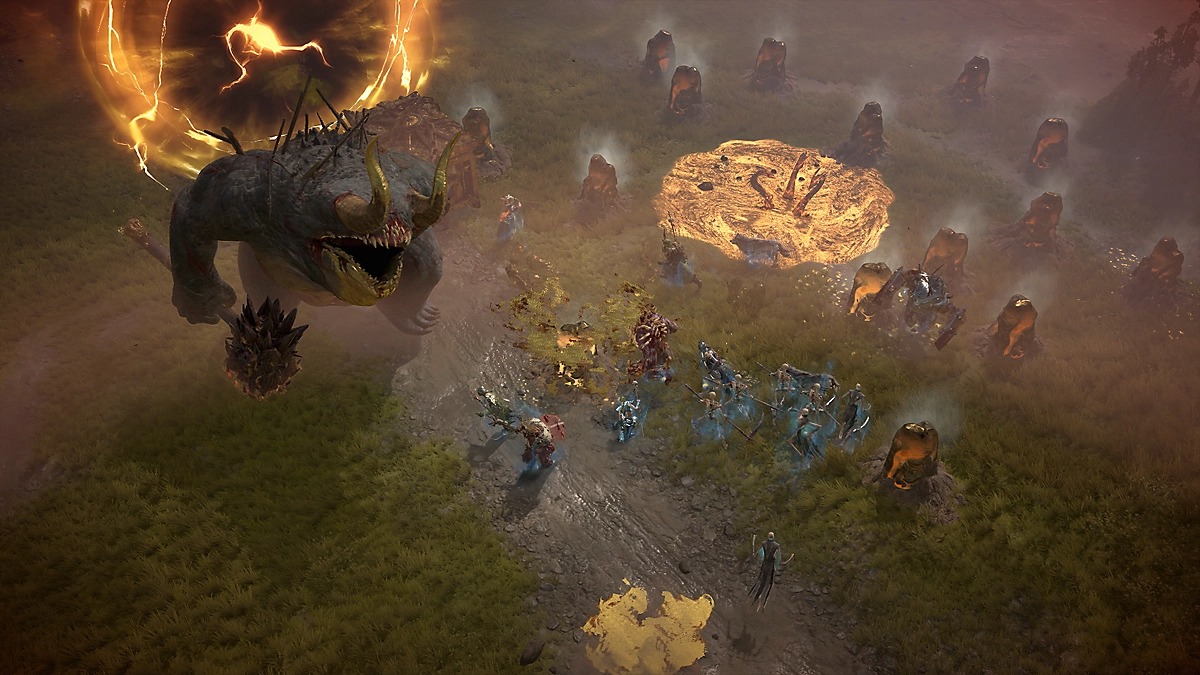Suicide Squad: Kill the live service — superhero games ruined by greed
Companies are out of touch with what gamers want

Sign up to receive The Snapshot, a free special dispatch from Laptop Mag, in your inbox.
You are now subscribed
Your newsletter sign-up was successful
"Suicide Squad: Kill the Justice League" is yet another victim in the string of superhero games to suffer from the live service model.
I don’t know how this live service superhero trend started, but it needs to stop ASAP. From "Marvel’s Avengers" to "Gotham Knights," and now Suicide Squad, there has not been a single title where this model has worked.
It’s obvious corporate greed is never going to end. So where do we go from here? What is it going to take to make those money-grubbing shareholders happy and gamers satisfied with the product that comes out of it?
The way I see it, there are two options.
Kill live service
It’s all in the heading — it’s time to kill the live service model. It has ruined every superhero game that it’s touched, and we've seen plenty of single-player models succeed without trying to attract a consistent player base.

Square Enix reported a $67 million loss for "Marvel's Avengers." The only thing to come out about "Gotham Knights" was the 3,125 physical units for PS5 sold during its week of release — that makes me think that there’s not a lot to boast about.
Meanwhile, "Marvel’s Spider-Man 2" sold 5 million copies in the first 11 days of its launch. "Arkham Knight" sold its own 5 million copies within its first four months and eventually topped 12 million.
Sign up to receive The Snapshot, a free special dispatch from Laptop Mag, in your inbox.
At the time of writing, it’s been said that "Suicide Squad: Kill the Justice League" achieved about half the physical sales that "Marvel’s Guardians of the Galaxy" did during its first week. That’s a pretty arbitrary claim, especially since we don’t have the numbers for Guardians. But again, that tells me there’s not a lot to boast about.
Do we see the trend here? Story-focused superhero games have a track record of not only performing financially well but also garnering critical acclaim. I love and adore the Spider-Man and Arkham games. They will also hold a special place in my heart, and I’m happy to throw my wallet at them.
Suicide Squad and its ilk, however, have been a complete mechanical mess and its narratives suffer for it. Let’s be honest — each one of those games had promising narratives, but mindless objectives and repetitive tasks bogged them down.
In the spirit of that honesty, I don't see many companies turning ship away from the money-making grindy model that these games offer. They'll keep going until they strike gold. And to that, I say, get good.
Or get better at it
You want to make a metric ton of money off of your live service game? Follow the players. We've seen plenty of live services games have a player base that winds up washed out within months if not weeks from launch.

According to Steam Charts, "Marvel’s Avengers" peaked at 28,145 concurrent players in September 2020, and it dropped to 3,286 the next month. A similar trend to "Gotham Knights," hitting 23,923 players in October 2022 and then 7,290 players in November 2022.
A drop is normal, but not that steep. When "Diablo IV" launched on Steam in October 2023, it hit 13,560. Then the next month it got 28,614. And the month after that it was 19,355. See the difference?
At the time of writing, and since its launch, "Suicide Squad: Kill the Justice League" has racked up a peak of 13,459. I imagine we’ll see a similar trend as the rest of the superhero live service titles.
Got the numbers? Good. Now we can talk about why these titles fail. The premise of all the aforementioned superhero titles is to tell a story. Conversely, "Diablo IV" has always been about its gameplay, which is what makes a successful live service model. The grind, loot, and cosmetics are all a part of the experience. Meanwhile, those mechanics get in the way of why we care about Suicide Squad and other superheroes.

That's not to say the story of "Diablo IV" is bad, but it's unnecessary for the core of Diablo to work. If you remove the story in those superhero titles, you're going to run away from how poorly implemented the mechanics are. Like why the hell are there competitive mechanics in Suicide Squad during missions? This isn't "Overwatch." Get out of my face, I just want to get to the next cutscene.
If you want to get away with a live service model in a superhero game, you need to succeed on two fronts: gameplay and story. The only reason we’re interested in these games is because of the characters, so the narrative needs to pull us in. Standard gameplay could be subpar and I would still love it (see "Marvel’s Guardians of the Galaxy"). However, the live service model is already tedious and predatory — people avoid it when they can. It’s not all bad, of course. "Diablo IV" offers free updates as seasons; the season passes and purchasable items are all cosmetic. More importantly, you need to complete the "Diablo IV" campaign before you get access to seasonal content.
Do you see how that works out? With "Diablo IV," the focus was on the campaign, and then the wave of additional purchases kicked in after completion. This way, players can get emotionally invested in the game before they financially invest in the game.
When we’re talking about the gameplay itself, look at the first 50 levels of a "Diablo IV" character. Every single talent point offers a meaningful upgrade to diversify your build. That’s on top of the unique gear that you can get to round out that build. When you want to get crunchy, the stats are uncomplicated, and you can even replace them. With the aforementioned superhero games, there is an upsetting number of stat upgrades and very few diverse ones. I could seriously care less about leveling up in those titles.
Outlook
Whether you kill it or keep it, we cannot have another "Suicide Squad: Kill the Justice League." Something has to change, and that’s likely not going to happen unless these companies can get it through their thick, greedy skulls that quick and dirty games don’t last long.
You need to pay your workers well, don’t get involved in the creative process, and give developers enough time to complete their game. It’s the only way to make a successful superhero game, let alone a successful live service game.

Rami Tabari is the Reviews Editor for Laptop Mag. He reviews every shape and form of a laptop as well as all sorts of cool tech. You can find him sitting at his desk surrounded by a hoarder's dream of laptops, and when he navigates his way out to civilization, you can catch him watching really bad anime or playing some kind of painfully difficult game. He’s the best at every game and he just doesn’t lose. That’s why you’ll occasionally catch his byline attached to the latest Souls-like challenge.
